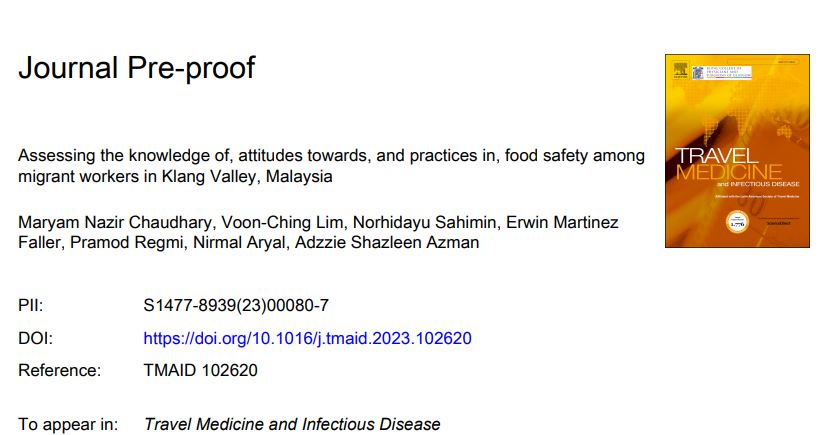 Congratulations to Drs. Pramod Regmi and Nirmal Aryal in the Faculty of Health & Social Sciences who published their latest paper this week [1]. This peer-reviewed paper ‘Assessing the knowledge of, attitudes towards, and practices in, food safety among migrant workers in Klang Valley, Malaysia’ in the journal Travel Medicine & Infectious Disease assesses the current food safety KAP (knowledge, attitudes and behaviour) as well as strategies to promote food safety awareness, among migrant workers across occupational sectors in Malaysia.
Congratulations to Drs. Pramod Regmi and Nirmal Aryal in the Faculty of Health & Social Sciences who published their latest paper this week [1]. This peer-reviewed paper ‘Assessing the knowledge of, attitudes towards, and practices in, food safety among migrant workers in Klang Valley, Malaysia’ in the journal Travel Medicine & Infectious Disease assesses the current food safety KAP (knowledge, attitudes and behaviour) as well as strategies to promote food safety awareness, among migrant workers across occupational sectors in Malaysia.
The authors conducted a survey with 403 migrant workers using telephone interviews and online self-administered questionnaires. The respondents were Nepalese, Filipino and Indonesian migrant workers. The majority were male, working in the services industry, had completed high school, aged between 30 and 39 years and had worked in Malaysia for less than ten years. Knowledge was significantly correlated with attitudes and practices. Female respondents had lower knowledge and attitude scores while younger respondents had lower knowledge scores. Indonesian and Filipino respondents had lower knowledge and attitudes scores than Nepalese respondents. Understanding food safety information from social media was positively correlated with the respondents’ food safety knowledge and practices. The paper concludes there is: (i) a to target female, younger, Indonesian and Filipino migrant workers, and (ii) the potential of social media to improve public awareness of food safety and hygienic practices.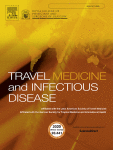
Well done!
Prof. Edwin van Teijlingen
Centre for Midwifery & Women’s Health (CMWH)
Reference:
- Chaudhary MN, Lim V-C, Sahimin N, Faller EM, Regmi P, Aryal N, Azman AS (2023) Assessing the knowledge of, attitudes towards, and practices in, food safety among migrant workers in Klang Valley, Malaysia, Travel Medicine and Infectious Disease doi: https://doi.org/10.1016/j.tmaid.2023.102620.

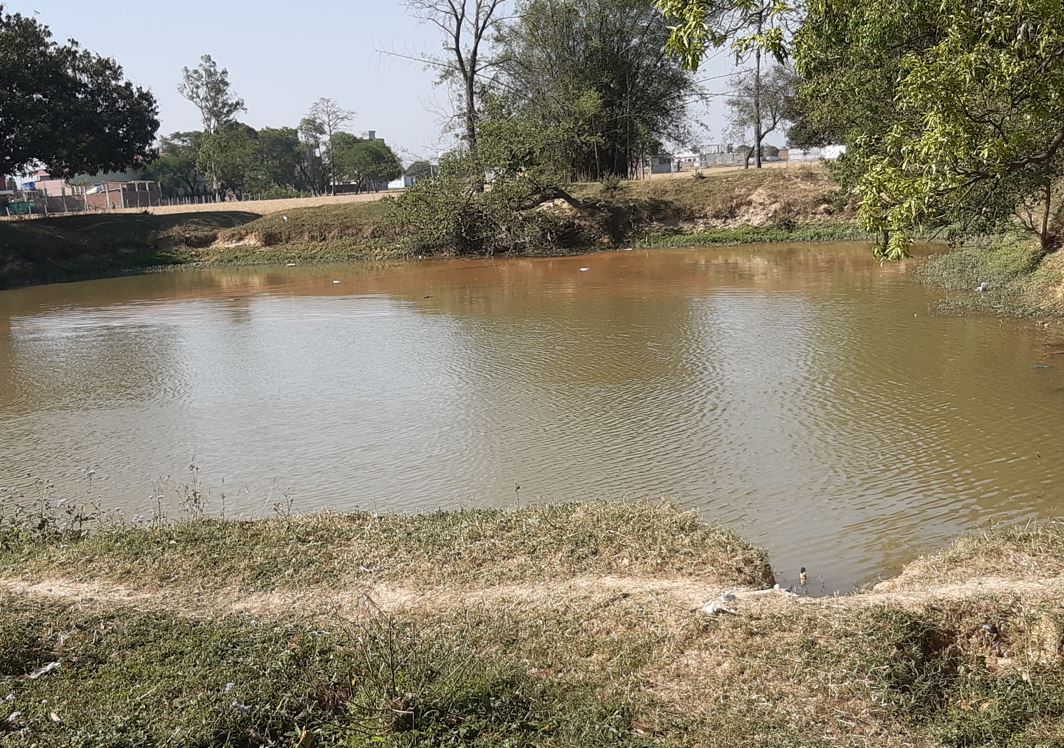


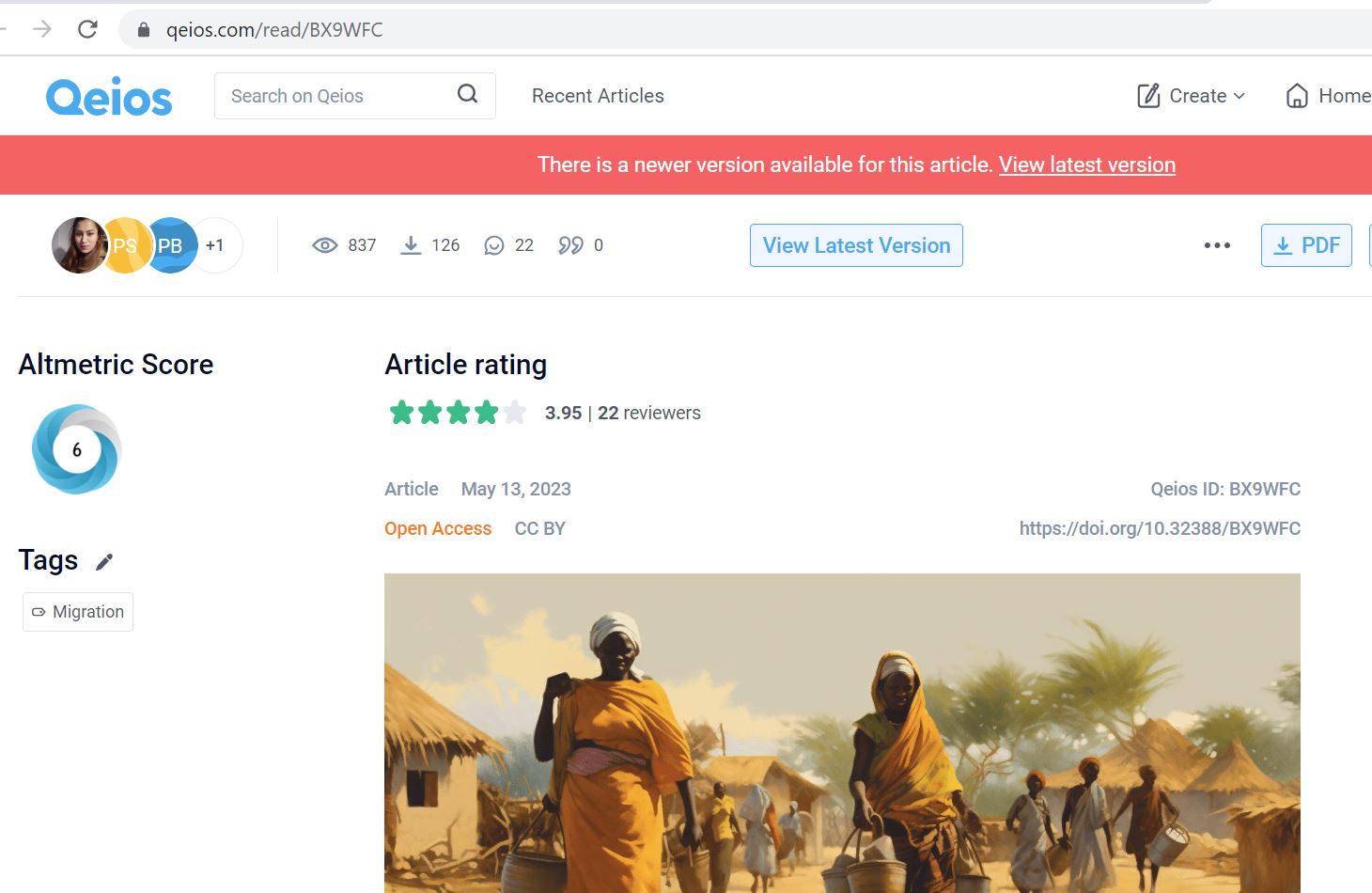

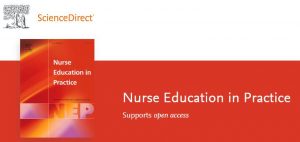


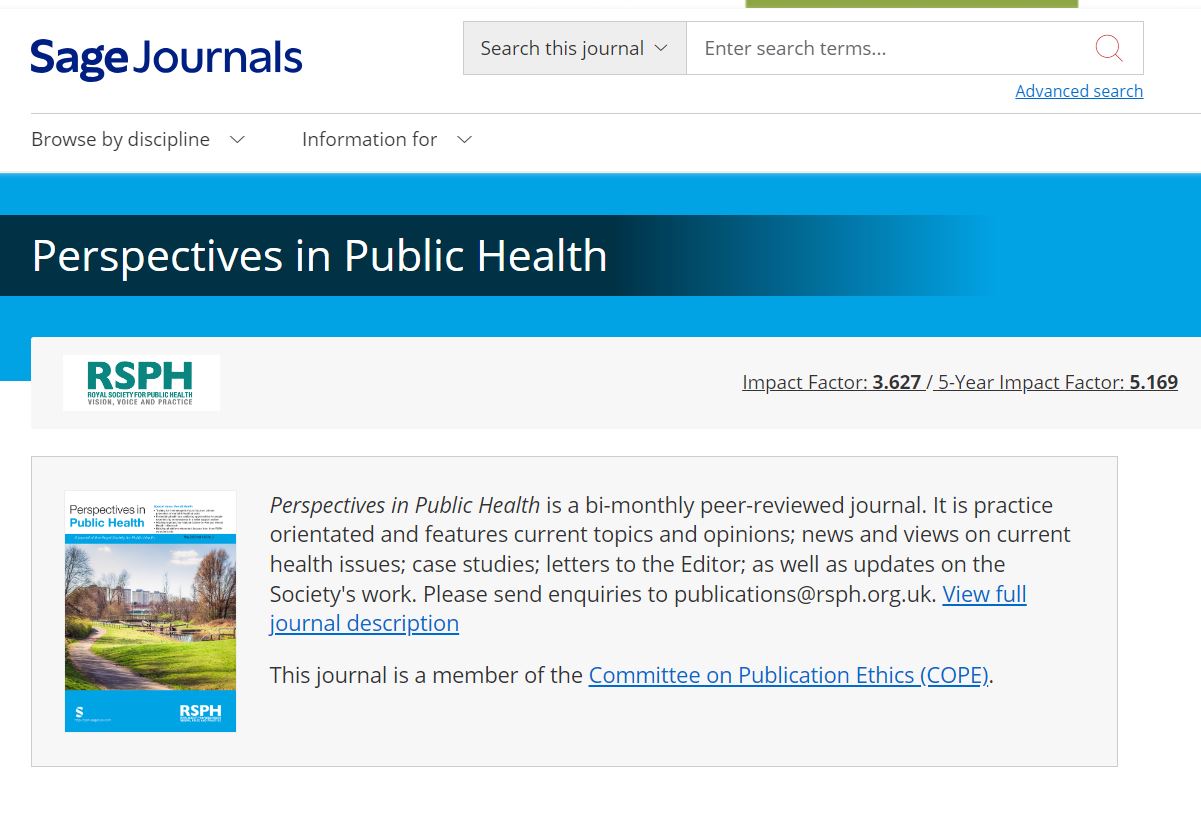
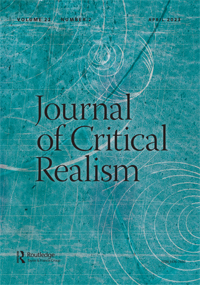
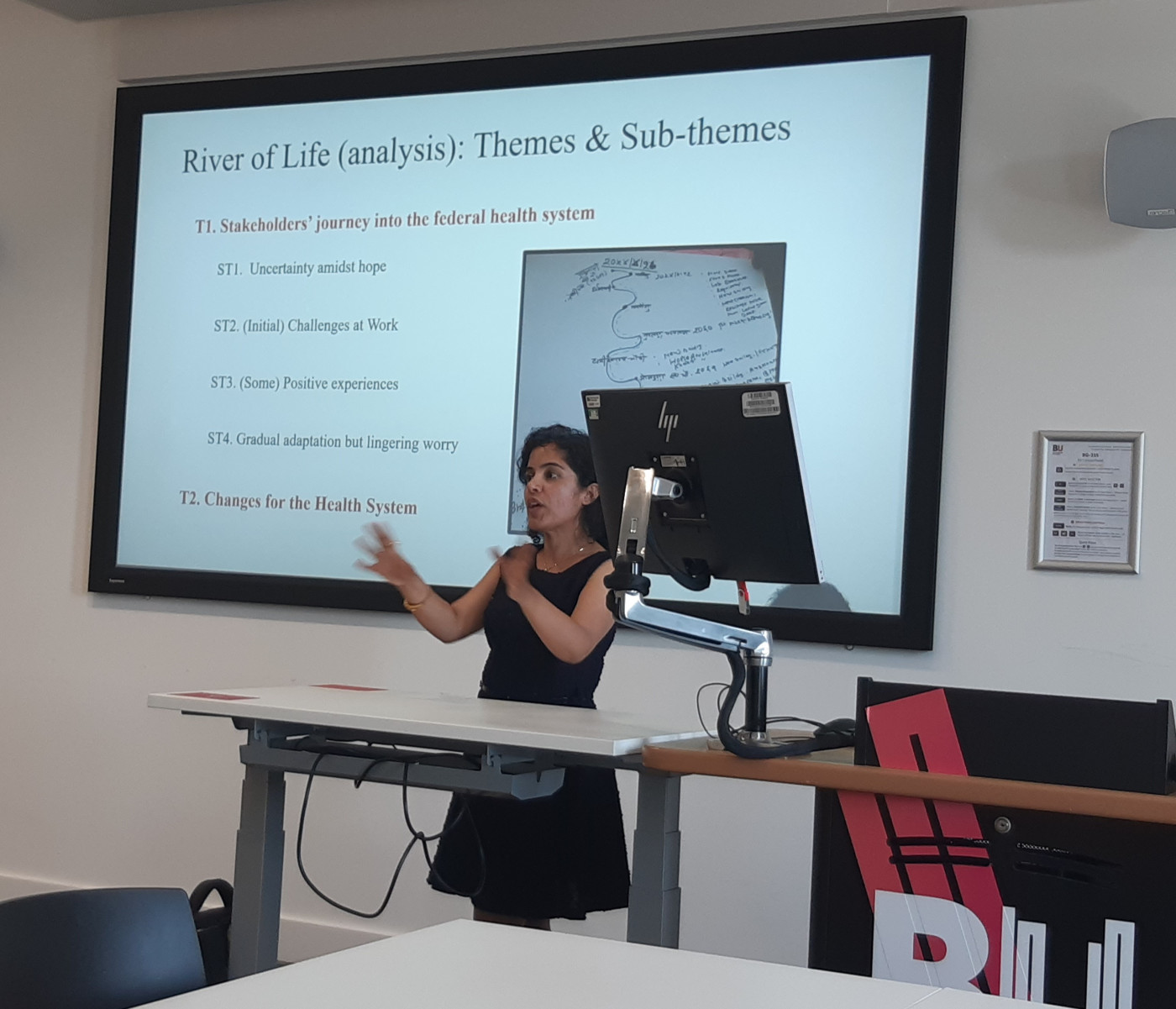

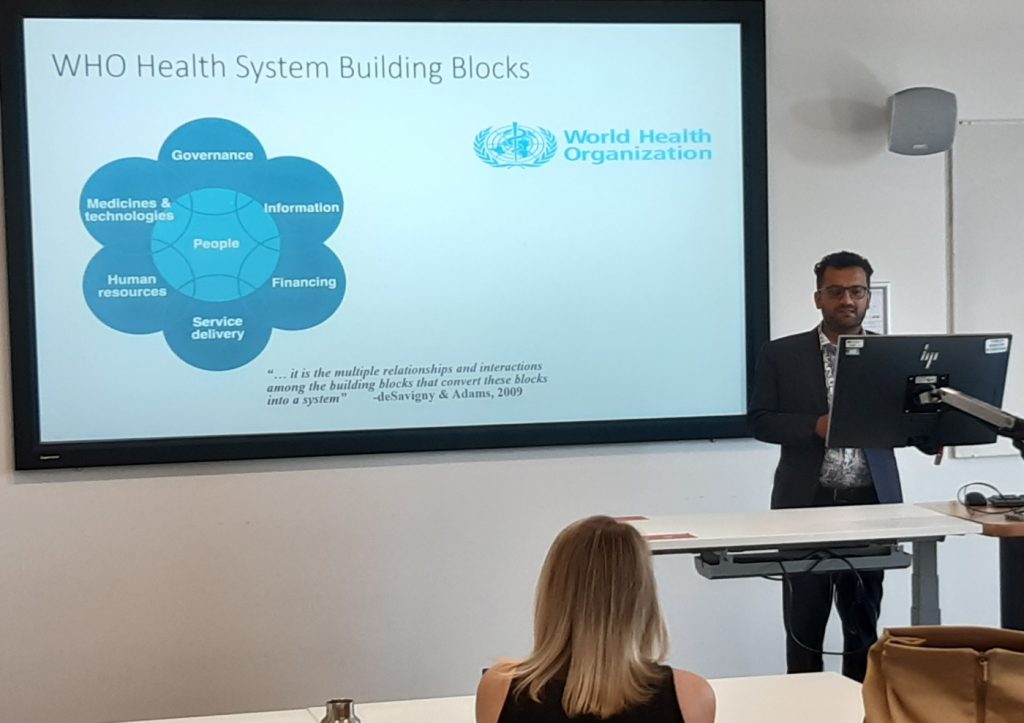
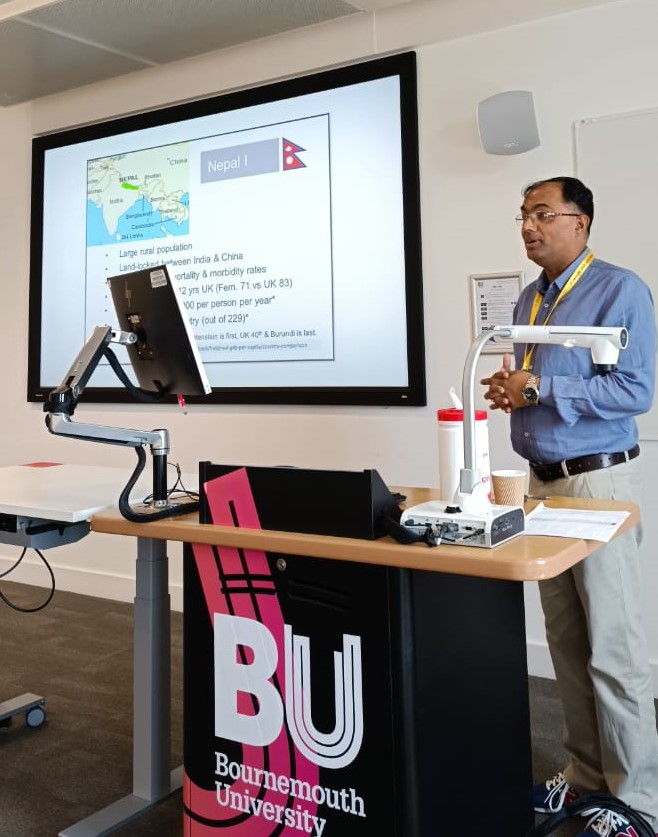

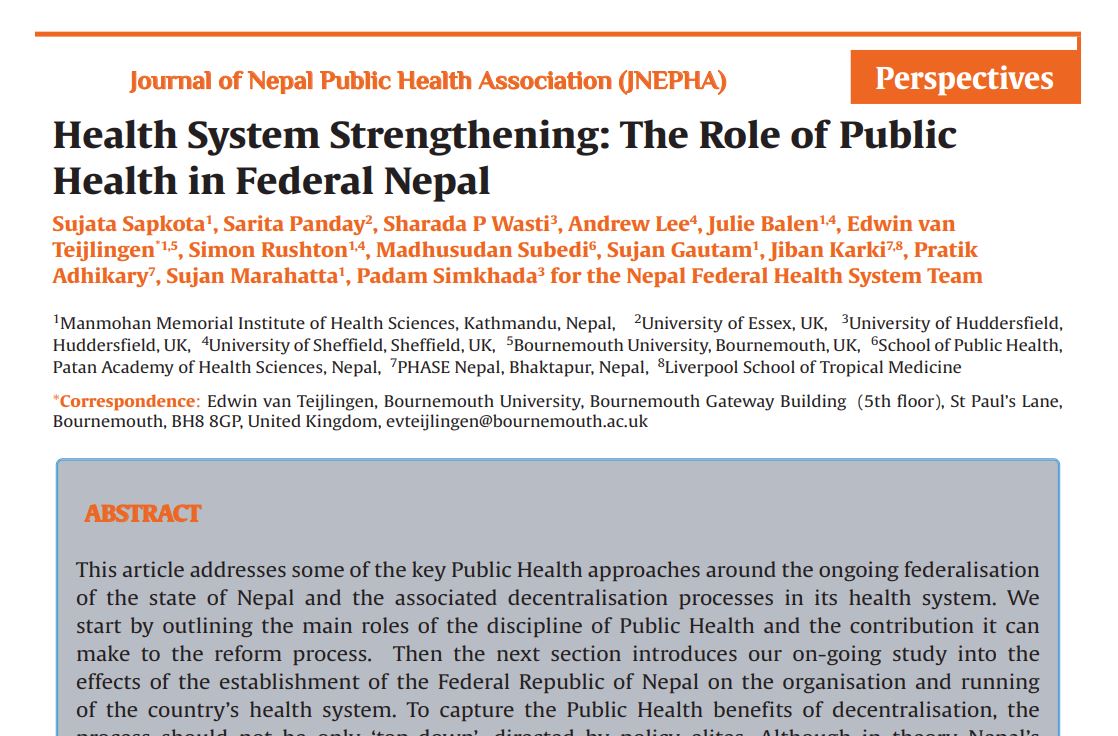
 Last we took a new step into the academic publishing by submitting a paper to Qeios. This Open Access journal publishes papers for free, more or less immediately and after the paper has appeared online peer-reviewers are being invited. The paper ‘
Last we took a new step into the academic publishing by submitting a paper to Qeios. This Open Access journal publishes papers for free, more or less immediately and after the paper has appeared online peer-reviewers are being invited. The paper ‘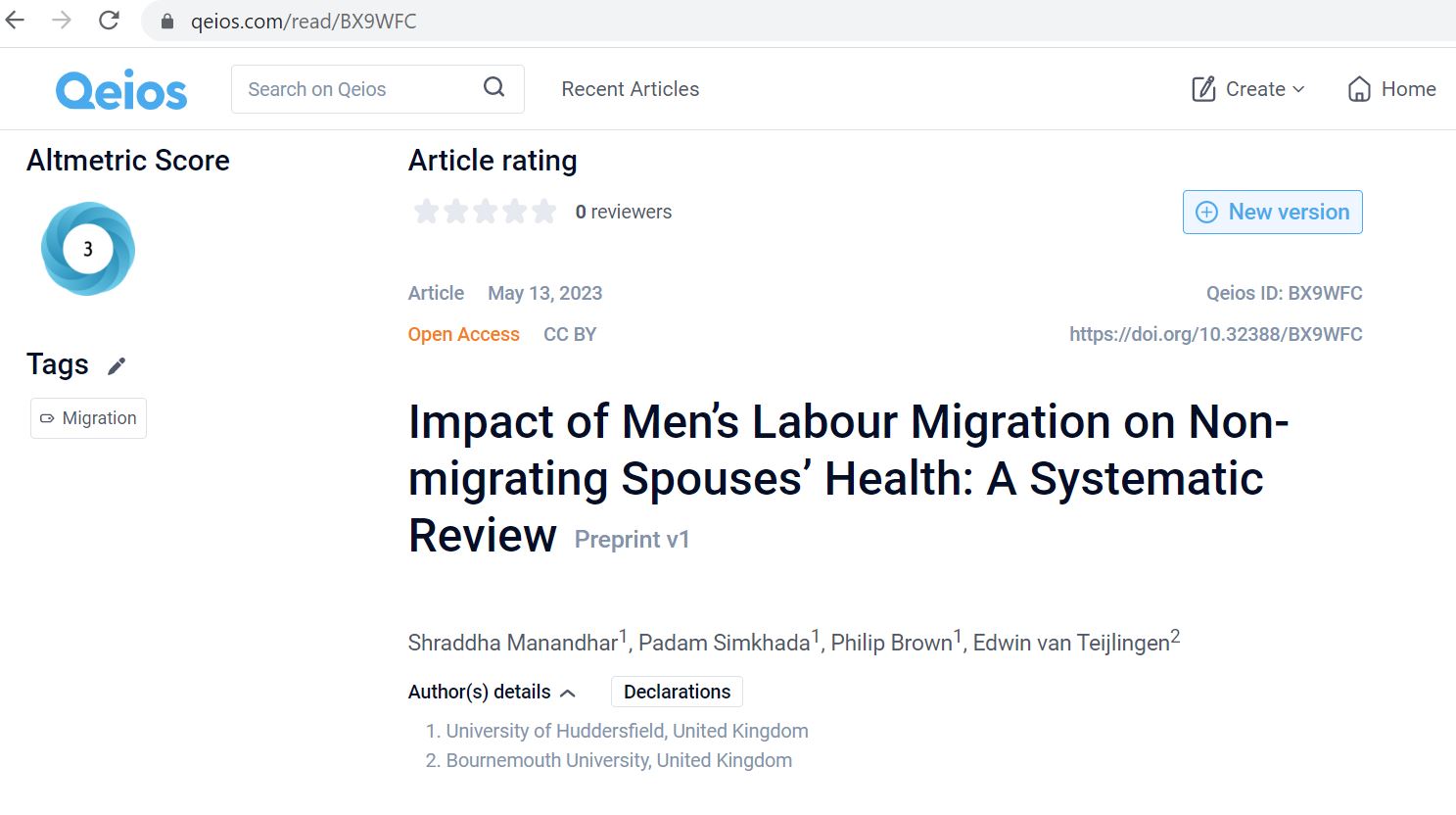


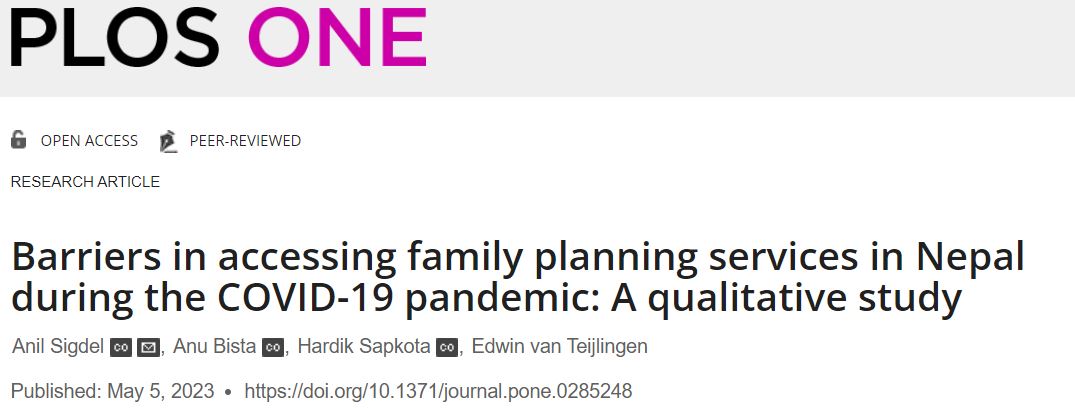
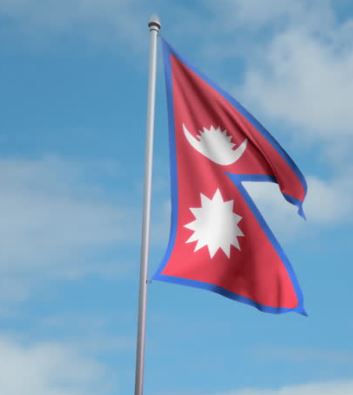
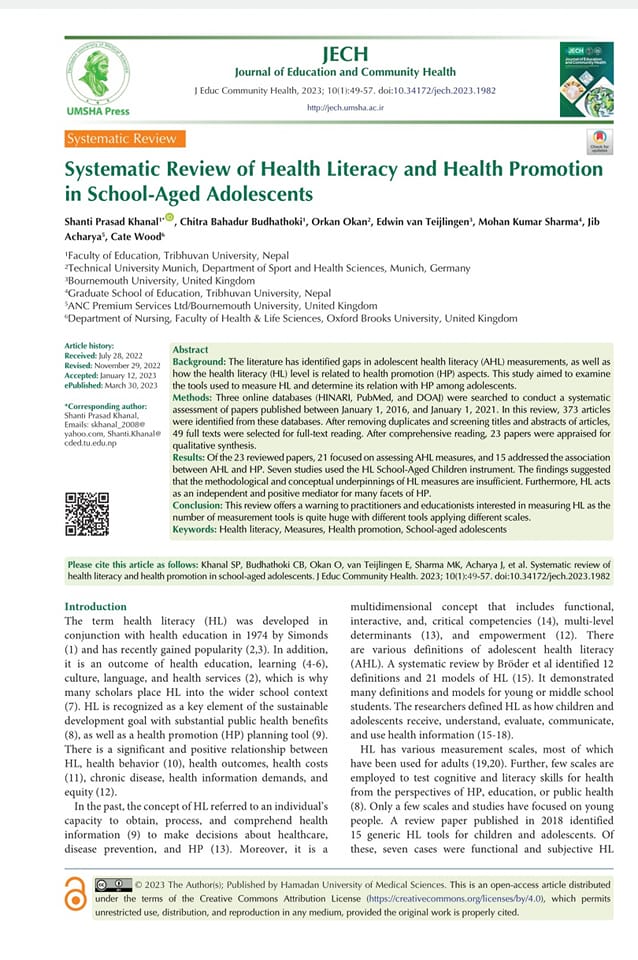
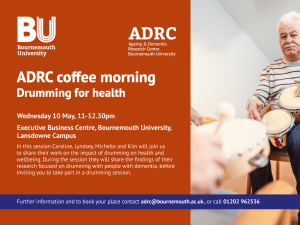
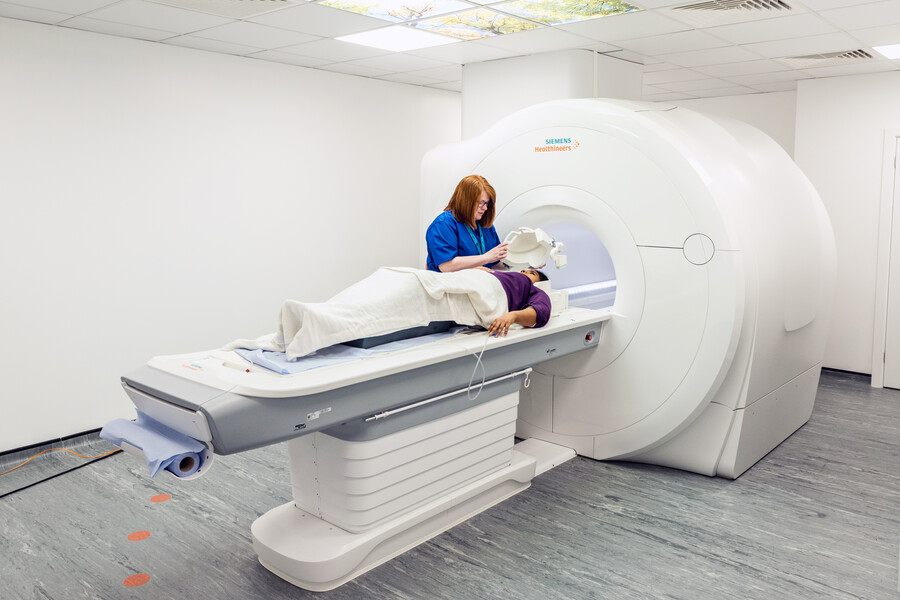 The Institute of Medical Imaging and Visualisation (IMIV) is pleased to announce the launch of the IMIV MRI Research Project Scheme 2023.
The Institute of Medical Imaging and Visualisation (IMIV) is pleased to announce the launch of the IMIV MRI Research Project Scheme 2023.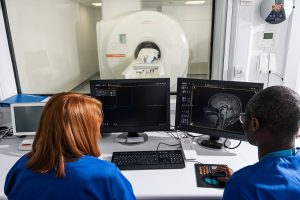 Applications close on Friday 7th July 2023.
Applications close on Friday 7th July 2023. 
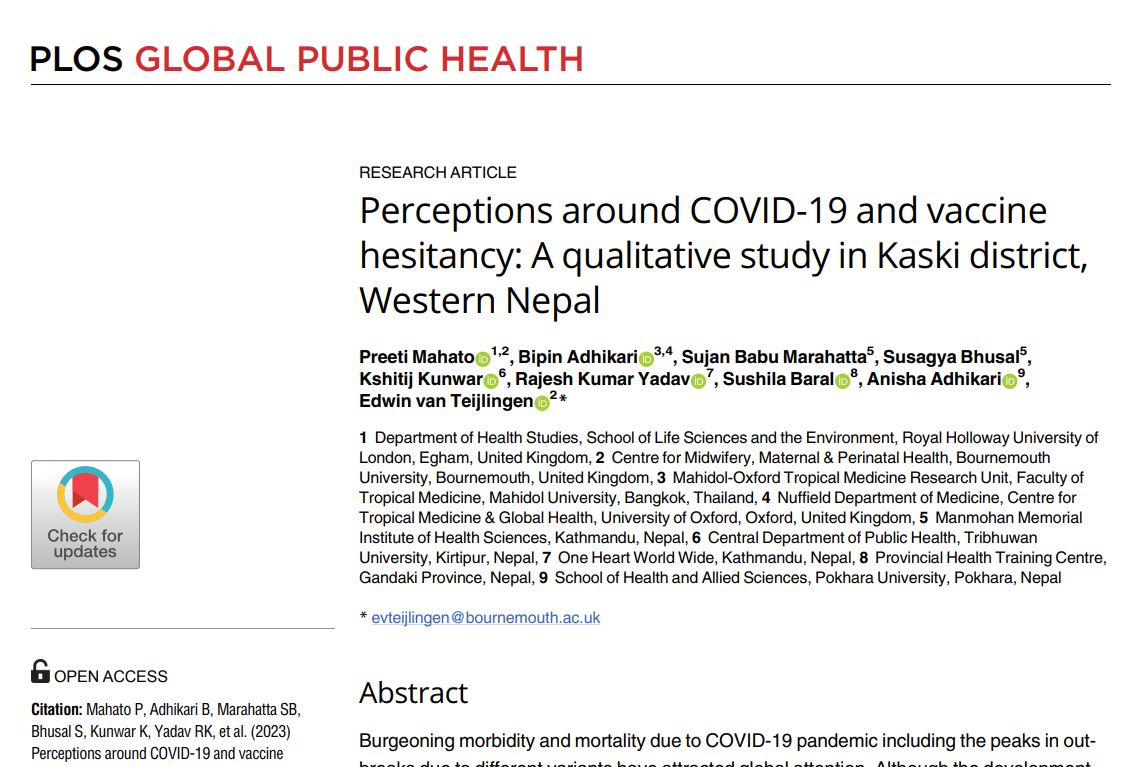
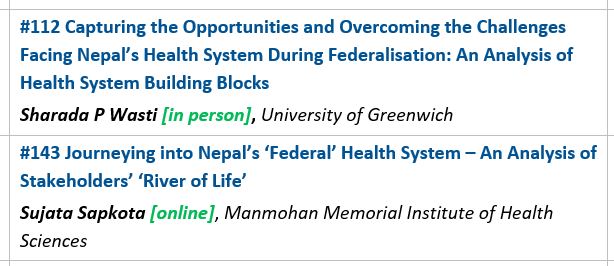



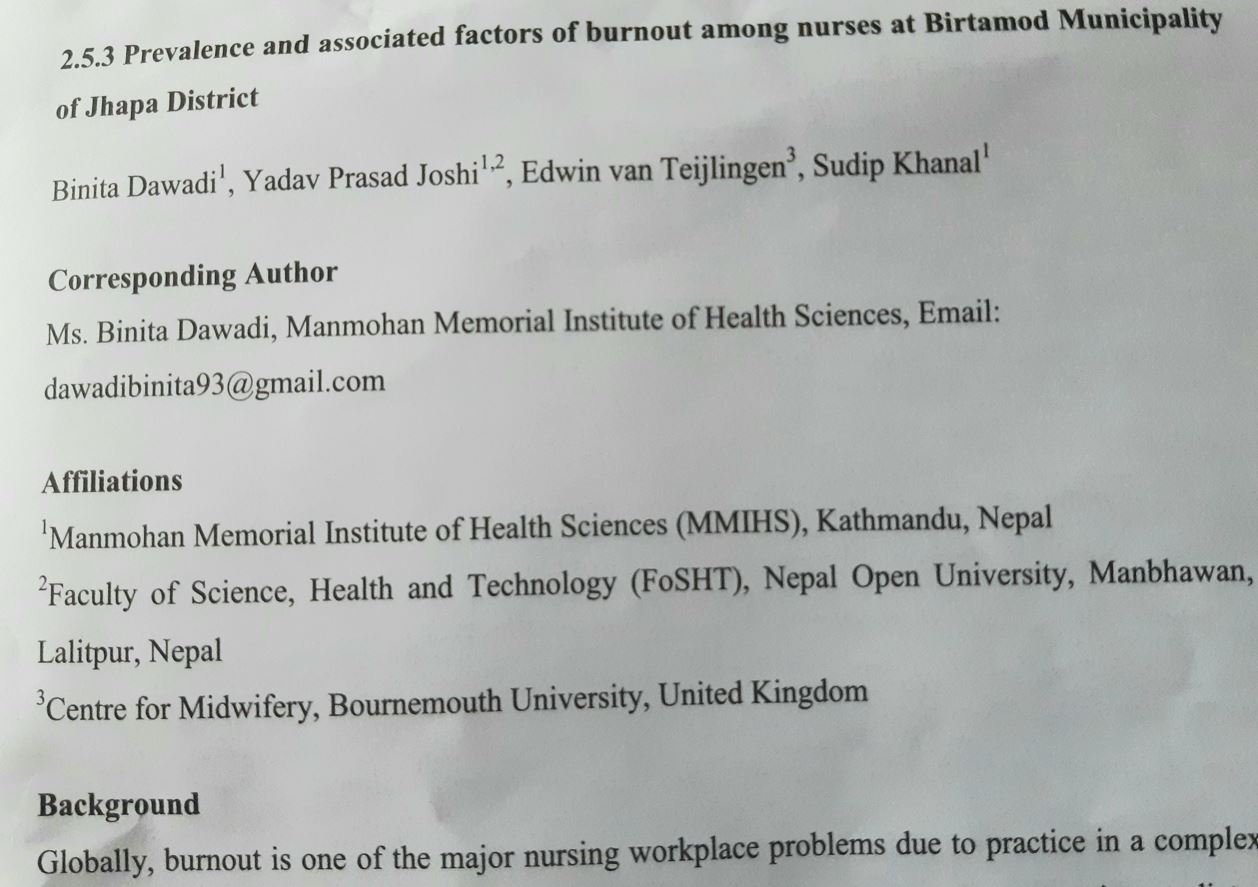












 SPROUT: From Sustainable Research to Sustainable Research Lives
SPROUT: From Sustainable Research to Sustainable Research Lives BRIAN upgrade and new look
BRIAN upgrade and new look Seeing the fruits of your labour in Bangladesh
Seeing the fruits of your labour in Bangladesh Exploring Embodied Research: Body Map Storytelling Workshop & Research Seminar
Exploring Embodied Research: Body Map Storytelling Workshop & Research Seminar Marking a Milestone: The Swash Channel Wreck Book Launch
Marking a Milestone: The Swash Channel Wreck Book Launch ECR Funding Open Call: Research Culture & Community Grant – Application Deadline Friday 12 December
ECR Funding Open Call: Research Culture & Community Grant – Application Deadline Friday 12 December MSCA Postdoctoral Fellowships 2025 Call
MSCA Postdoctoral Fellowships 2025 Call ERC Advanced Grant 2025 Webinar
ERC Advanced Grant 2025 Webinar Update on UKRO services
Update on UKRO services European research project exploring use of ‘virtual twins’ to better manage metabolic associated fatty liver disease
European research project exploring use of ‘virtual twins’ to better manage metabolic associated fatty liver disease